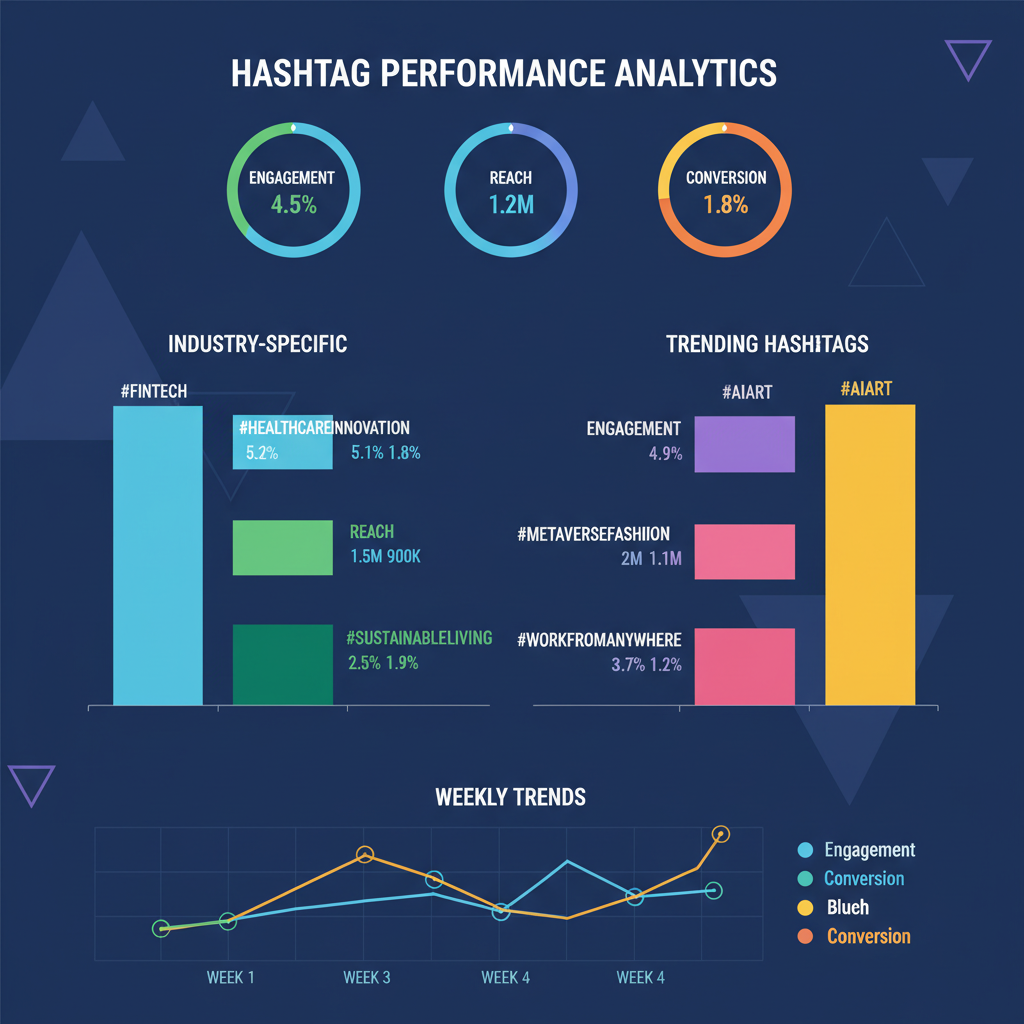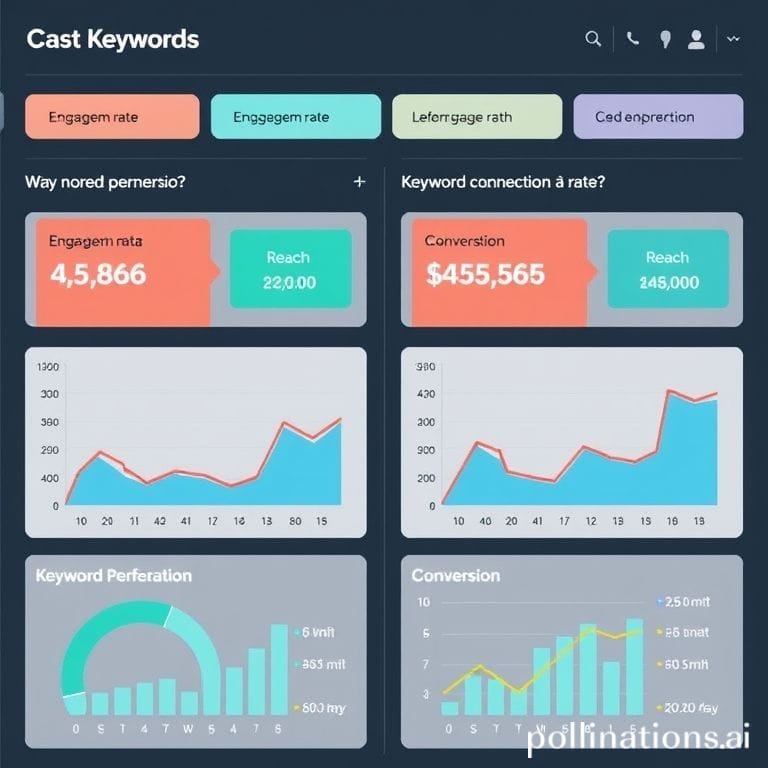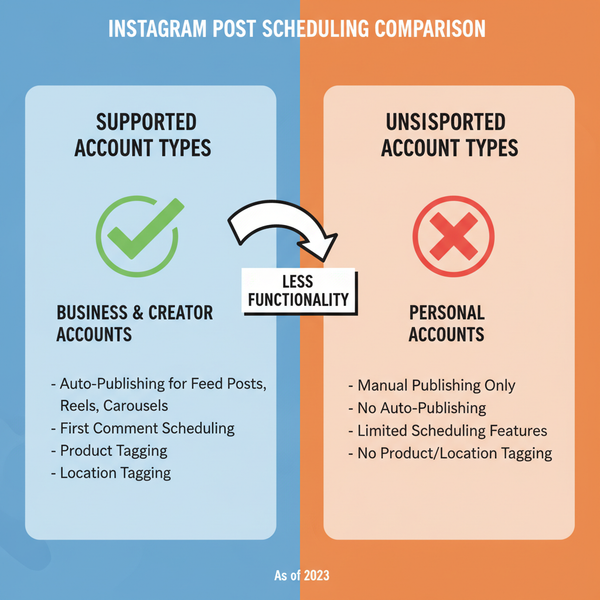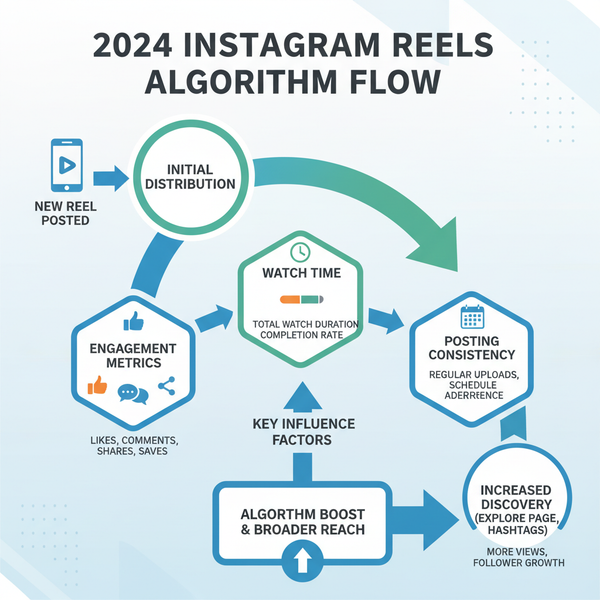Top Keywords for Social Media Marketing to Increase Engageme
Learn how to research, select, and use targeted social media marketing keywords to boost engagement, improve discoverability, and reach your audience.

Understanding the Role of Keywords in Social Media Search and Algorithms
In the fast-paced world of social platforms, mastering keywords for social media marketing is essential for boosting discoverability and engagement. Just like SEO determines visibility on Google, smart keyword usage ensures your posts, profiles, and videos reach the right audience across Instagram, X (Twitter), TikTok, YouTube, LinkedIn, and Facebook. Keywords influence algorithms to:
- Suggest your profile to relevant users.
- Boost your content in “Explore” or “For You” feeds.
- Display posts more often in search results for key terms and hashtags.

By strategically integrating keywords into captions, hashtags, bios, and descriptions, you improve both organic reach and audience targeting.
---
Research Your Target Audience’s Language and Intent
The foundation of effective keyword research is knowing what words and phrases your audience uses when searching or engaging with content in your niche.
Steps to Discover Audience Language:
- Monitor comments and replies on competitor and trending posts to spot common expressions.
- Join online communities (Facebook Groups, LinkedIn Groups, Reddit threads) to track language patterns.
- Survey your audience directly via polls and questionnaires.
- Use native platform search bars to view autocomplete suggestions related to your topic.
Understanding the motivations and emotional triggers behind searches enables you to select keywords that both attract clicks and encourage engagement.
---
Use Keyword Tools for Social Media-Specific Terms
While tools such as Google Keyword Planner, Ahrefs, SEMrush, and BuzzSumo are known for SEO, they also help unearth keywords for social media marketing strategies.
Recommended Tools:
- Google Keyword Planner: Identify broad topics that can be adapted for social posts.
- Ahrefs: Pinpoint content gaps by analyzing competing profiles and posts.
- SEMrush: Filter by trend metrics to find rising topics.
- BuzzSumo: Spot highly shared content and related social keywords.

Native platform insights can supplement this data:
- Instagram: Hashtag reach analytics.
- LinkedIn: Search volumes from Ads Manager.
- YouTube: Use TubeBuddy or VidIQ to refine keywords.
---
Identify High-Engagement Industry-Specific Keywords
General keywords may offer more impressions, but industry-specific phrases yield better interactions because they target users who already care deeply about your niche.
Example
If you run a vegan food brand:
- Generic: “healthy recipes”
- Specific: “vegan keto breakfast”, “plant-based protein snacks”
Long-tail niche keywords narrow the audience to those most likely to act—ideal for driving both engagement and conversions.
---
Incorporate Trending Hashtags with Relevant Keywords
Hashtags act like SEO identifiers for social channels, organizing content around specific topics.
How to Combine Hashtags and Keywords:
- Match hashtags directly to your primary keyword:
- Example: Keyword = “digital marketing tips” → Hashtag = `#DigitalMarketingTips`
- Review “Trending” or “Explore” sections for real-time topics.
- Mix evergreen tags with time-sensitive ones for consistent reach and momentary spikes.
A solid hashtag strategy strengthens your keyword visibility.
---
Optimize Post Captions, Bios, and Profile Descriptions
Every online touchpoint is a keyword opportunity. Avoid keyword stuffing; instead, work keywords in naturally.
Optimization Tips:
- Post Captions: Place the keyword early—first 125 characters on Instagram or first sentence on LinkedIn/Facebook.
- Bios: Use descriptive keyword phrases that outline your expertise.
- Profile Descriptions: Maintain natural flow while embedding keywords and CTAs.
Algorithms scan these elements to gauge your content focus, boosting profile discovery.
---
Apply Keywords in Image Alt Text and Video Descriptions
Alt text and video descriptions enhance accessibility and serve SEO functions simultaneously.
- Image Alt Text: Include descriptive, keyword-rich text that remains clear to all users.
- Video Descriptions: Write concise summaries with primary keywords, timestamps, and useful resources.
These practices inform algorithms while improving user experience.
---
Create Keyword-Based Content Calendars
Using a calendar structured around keywords keeps your output relevant and timely.
| Week | Keyword Focus | Platform | Content Type |
|---|---|---|---|
| 1 | Social media growth tips | Carousel + Story | |
| 2 | Viral marketing strategies | TikTok | Short Reel |
| 3 | Engagement boosting ideas | Live Q&A | |
| 4 | Hashtag marketing 2024 | Article Post |

Keyword calendars promote consistency and prevent redundancy in your topics.
---
Test and Analyze Keyword Performance
Once in use, evaluate your keywords for impact. Analytics reveal how each term influences:
- Engagement rates (likes, comments, shares).
- Follower growth over time.
- Click-throughs from profile links.
- Hashtag-specific reach.
Tools like Instagram Insights, Twitter Analytics, and YouTube Creator Studio provide keyword-level data for continuous improvement.
---
Refine Your Keyword List Regularly
Social trends shift quickly. An evergreen keyword might remain relevant, but most need periodic updates.
Strategies to Stay Current:
- Track competitor language for new trends.
- Review analytics monthly for changing engagement.
- Replace underperforming keywords with emerging ones.
- Listen to your audience’s feedback for authentic phrase mining.
This keeps your strategy fresh and aligned with what’s currently resonating.
---
Summary
Effective use of keywords for social media marketing balances creativity with data-driven insight. By researching audience intent, leveraging powerful tools, optimizing captions and bios, and regularly refining your keyword lists, you amplify both reach and engagement.
Start applying these strategies in your next campaign to connect more meaningfully with your audience and grow your social impact.




